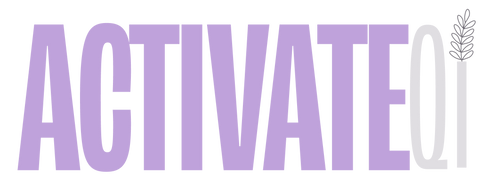The Basics of TCM
Traditional Chinese Medicine
TCM is one of the world’s oldest forms of medicine. It is also referred to as “Eastern Medicine” originated in China. Its main concept is that a vital force of life, called Qi, travels through the body. An imbalance to Qi can cause disease and illness. This imbalance is most commonly thought to be caused by an alteration in the opposite and complementary forces that make up the Qi, which is called yin and yang. It is believed that to regain balance, you must achieve balance between the internal body organs, and the 5 external elements of earth, fire, water, wood, and metal. TCM also classifies emotions into 7 categories that are paired with specific organs. TCM treatment seeks to restore balance through treatment specific to the individual. Understanding the underlying causes of these illnesses is the key to addressing treatment options, not just masking the symptoms. Some treatment options for TCM include acupuncture, nutrition evaluation, therapeutic massage, cupping, scraping, and herbal remedies.
Qi (chi) is translated into the English language as the energy, power or force that travels through the body in order to give vitality to every cell. It is believed that Qi travels through your body in pathways called meridians.
The forces of yin and yang are working in all aspects of our lives. Too much of yin, or too much of yang would bring imbalance to our body. They are constantly interchanging, and rely on each other to maintain balance. They are seen as complementary forces, rather than opposing forces. Yin is associated with traits like cold and negative energy, while yang is associated with warmth and positive energy.
In TCM, free flow movement of Qi and the balance between yin and yang is the key to optimal health.
Here are some examples of yin-yang pairings. (Yin/Yang).
- Female/Male
- Moon/Sun
- Negative/Positive
- Dark/Light
- Passive/Active
- Water/Fire
- Cold/Heat
- Below/Above
- Earth/Heaven
- Recessive/Assertive
- Autumn/Spring
- Winter/Summer
